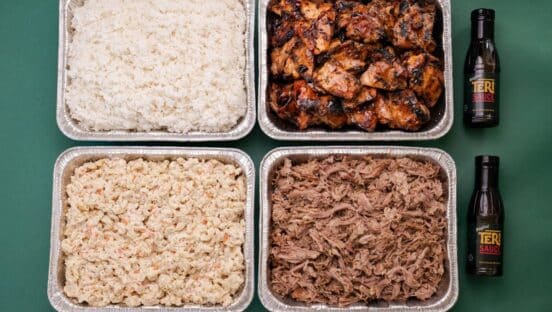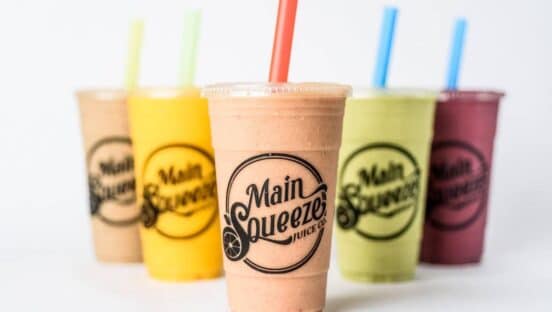Big Bowl is outfitting all of its waiters with originally designed uniforms made of bamboo, an anti-bacterial and earth-friendly material. The change to bamboo uniforms is another Big Bowl pledge to follow practices that positively impacts the world’s increasingly challenged ecosystem.
“People ask us why a casual restaurant like ours serves heirloom pork, naturally raised chicken from small farms, direct-trade coffee and now has bamboo uniforms for our servers,” says Dan McGowan, president of Big Bowl, a $30 million Chinese and Thai concept with locations in Chicago, Minneapolis and Washington D.C. “The answer is simple – it’s the right thing to do,” he says.
Over the last 18 months, Big Bowl has put into play significant revisions since the restaurants were repurchased from mega-chain Brinker International. These changes include replacing mass produced meat such as chicken and pork with its sustainable counterparts and using prime beef for its popular satay dish. Seasonal and local produce, sustainable salmon and wild seafood are now ingredient staples. Big Bowl also switched to post-recycled paper products and take-away bags .
The uniforms are a far cry from the standard collared shirt or t-shirt, says Chicago costume designer Michael Alan Stein, who designed the Big Bowl uniforms and has dressed actors for a variety of films including Angela Basset and Robert Townsend in the motion picture, Of Boys and Men.”Naturally I wanted the uniforms to be stylish but to also make a statement,” Stein says.
Stein’s creativity resulted in separate uniforms for men and women and two designs to accommodate warmer weather in the spring and summer and colder temperatures other times of the year. The color of the uniforms support the scheme in the restaurant – jade and gold hues which the Chinese consider to be fortuitous.
For wearability, the uniforms are 30 percent silk. They cost four times more than the standard Big Bowl waiter attire, but McGowan sees them as an investment in the earth and the future. Using bamboo, he says, is good for the ecosystem and unlike conventional cotton it does not require pesticides, insecticides, or chemical fertilizers.
Other attributes of bamboo, says McGowan, is that it is plentiful and biodegradable.
“We may be the first to do this on such as scale,” says McGowan, “but what’s really important here is that we can set a standard for restaurants and prove that bamboo is a viable option for any type of clothing.”



